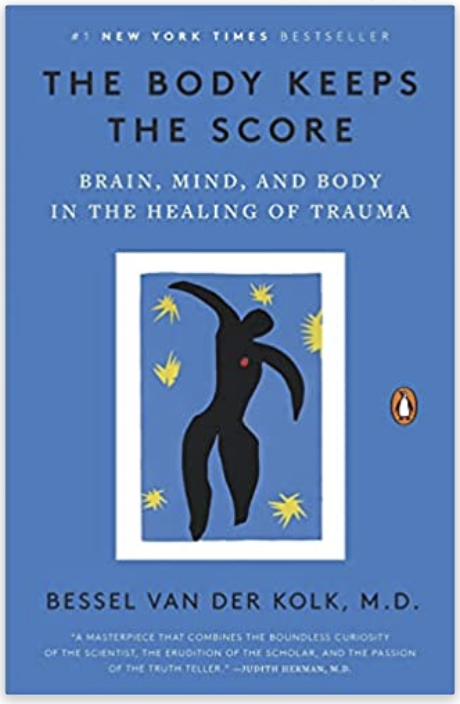
“Trauma is about a loss of connection to ourselves, our bodies, our families, others, and the world around us. When we avoid people, places, and situations that remind us of the traumatic event, our life choices become limited, reducing our sense of freedom and vitality.” - Peter A. Levine, Ph.D.
PTSD Treatment in Walnut Creek
According to Peter A. Levine, the founder of Somatic Experiencing, trauma is not an event; it is the energy that becomes locked in the body after a real or perceived threat. When a sense of safety cannot be restored after a traumatic experience, the individual remains in a defensive state, sensing danger where they may be none. They become disconnected to the present.
Some of those who have been exposed to trauma develop PTSD. Symptoms fall under the following domains: avoidance behaviors, mood and cognitive symptoms, arousal and re-experiencing symptoms. PTSD often co-occurs with depression, substance use, and other anxiety disorders.
Trauma impacts multiple aspects of a person’s life: work, relationships, self-care, self-image. Below, you will see a list of symptoms that develop immediately after a traumatic experience and others that tend to develop over time. A mental health professional who understands trauma can help improve an individual’s quality of life.
How can trauma occur?
Domestic violence (experiencing, witnessing)
Childhood sexual, physical, or emotional abuse
Betrayal, neglect, or abandonment during childhood
Rape
Community violence
Multi-generational or historical
Catastrophic illnesses or injuries
War, terrorism, refugee
Natural disasters
Exposure to sudden loud sounds, especially during childhood
Birth stress (mother and infant)
Prolonged immobilization
Invasive dental or medical procedures
Exposure to extreme heat or cold, particularly during infancy or childhood
Symptoms that tend to appear later:
Dissociation and denial
Feelings of freezing, immobilization, or helplessness
Hyperarousal
Constriction
Intrusive imagery or flashbacks
Hyperactivity
Difficulty sleeping
Shame or low self-worth
Nightmares
Increased vulnerability to becoming stressed
Extreme sensitivity to sounds and lights
Abrupt mood swings (anger, crying, tantrums)
Exaggerated emotional or startle response
Attraction to dangerous situations
Feeling spaced out
Avoidance behaviors
Addictive behaviors
Panic attack or phobia
Forgetfulness or amnesia
Self-mutilation
Fear of dying or anticipation of premature death
Loss of religious or spiritual belief
Inability to bond with others or nurture
Exaggerated or absence of sexual expression
Symptoms that tend to develop over time:
Chronic fatigue or low physical energy
Fibromyalgia
Skin disorders
Digestive problems
Headaches or migraines
Neck or back problems
Feelings of pending doom
Severe premenstrual syndrome
Feelings of detachment and isolation
Chronic pain
If you’re interested in pursing trauma treatment, know that there is help out there. You don’t have to struggle with these symptoms on your own.
Trauma and the Nervous System: A Polyvagal Perspective
Multi-Generational Family History and Imprints of Trauma
Therapy Walnut Creek, CA
Teletherapy Sessions
Therapy from the convenience of your home. A great option for those who are not located in the SF Bay Area or don’t prefer commuting to a therapy office.
In-Person Appointments
A great choice for those who are located in the SF Bay Area and prefer in-person therapy. Elese’s office is conveniently located near the Walnut Creek BART.





